Christianity and White Supremacy with Dr. Willie Jennings
Recently CNN ran a short documentary series simply called, “1968”. This was a year of great civil unrest, of protests over the Vietnam war, of civil rights protests and of the assassinations of Martin Luther King and Robert Kennedy.
We are living a year that might soon become a one word title for a documentary series, “2020”. There is a pandemic, there is protest in the United States unlike that seen since 1968.
This episode of Rector’s Cupboard is the conclusion of a three part series called, “2020: Annus Horibilis; How did we get here?”. The intention of the series is to look particularly at matters of religion and faith and how they have contributed to some of the cultural upheaval we are living through.
This concluding episode seeks to offer some insight into how we got to a place where “Black Lives Matter” could be considered a controversial statement. What is being protected? What are people afraid of losing?
What do we have to gain?
We speak with Dr. Willie Jennings of Yale Divinity School.
Dr. Jennings outlines the concept of “whiteness” and tells us what it has to do with the protection of the status quo. We speak about a positive vision of change and about some of the current incidents and circumstances in the United States particularly. It might be tempting to despair, but even in turbulent times, there may well be reason for hope.
We are grateful to Dr. Jennings for taking the time to speak with us. The series ends with a scriptural reflection (a devotion) and a prayer from Dr. Jennings. Our intent is that this will send us into the summer, a summer unlike we’ve lived before, with purpose and with hope.
May God bless you and keep you and may you seek to love all people.
Books and articles discussed in this episode
Caught up in God - Christian Century, May 2020
Acts: A Theological Commentary on the Bible, Dr. Willie Jennings
White Fragility, Robin D’Angelo
The Slave Ship: A Human History, Markus Redeker
The Third Reconstruction: How a Moral Movement Is Overcoming the Politics of Division and Fear, Rev. Dr. William J. Barber II
Episode Terminology
Empire and Diaspora: Dr. Jennings uses these terms to outline two competing ways of being in the world. Empire is the way of the dominant, the powerful. Diaspora is the way of the scattered, the cut-off, those who are far from power. True faith, even true humanity is found in the dynamic between the two more than it is on one or the other.
In relation to the book of Acts (discussed in the episode); Empire is Roman and Diaspora is Jewish, but then Diaspora is faced with the question of including Gentiles in the community and takes on some of the excess of Empire.
Self-Determination: Means pretty much what you might think, but in the context of this conversation, it is considered as a negative. We cannot be truly human apart from others. We are called to join with others and always called to join across the lines of division that we create.
Whiteness: a central concept for the episode. Whiteness is more about power and control than it is about colour. Dr. Jennings points out that whiteness is not biological. It is a system of domination by people of European descent. A way of seeing and a way of being seen. This is why the first question is not “are you a racist”, but instead, “how have we all been impacted by our socialization in a racist culture?” We have all been impacted by whiteness and Christianity has too often been dominated by whiteness.
Pedagogy: Dr. Jennings and Jason Byassee both work in the field of academics, graduate theological school. So, a word like “pedagogy” is part of their world. Pedagogy refers basically to how we learn or acquire knowledge and ideas. For example, in the United States (and around the world) there has been a pedagogy of whiteness from which people develop views of themselves and of other people. Each school and family and church has a pedagogy, a way of imparting learning and knowledge.
Romance of Orthodoxy: This just refers to a love of a status quo and “proper way of believing” particularly among some religious people.
Charismatic Movement: Charisma (from the greek word) - movement, attracted towards, “charismatic movement” refers particularly to a lively expression of Christian faith that is given to exuberant outward expression in worship, prayer, emphasis on supernatural signs, etc. Often associated with the Pentecostal movement.
Prosperity Gospel: A distortion of Christian theology that works as a kind of transaction between people and God. If you have enough faith then … If you worship properly then … If you believe properly then… Dr. Jennings calls the prosperity gospel “mercantile” because it acts as a kind of exchange as in God will be bound to give you health or wealth if you just say and believe the right things. Prosperity gospel in the end erases the divinity of God by negating God’s sovereignty (freedom) and the humanity of people by brutally condemning those who are suffering as somehow having brought it on themselves.
It’s no surprise that prosperity gospel has found its way to the White House with some of Donald Trump’s most powerful “spiritual advisors” coming from this distortion of Christian faith.

